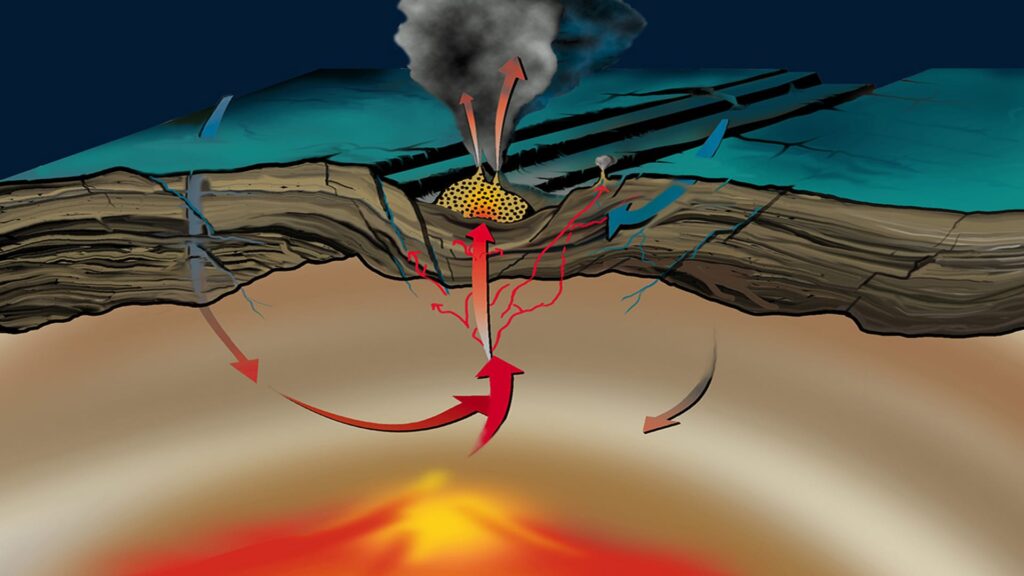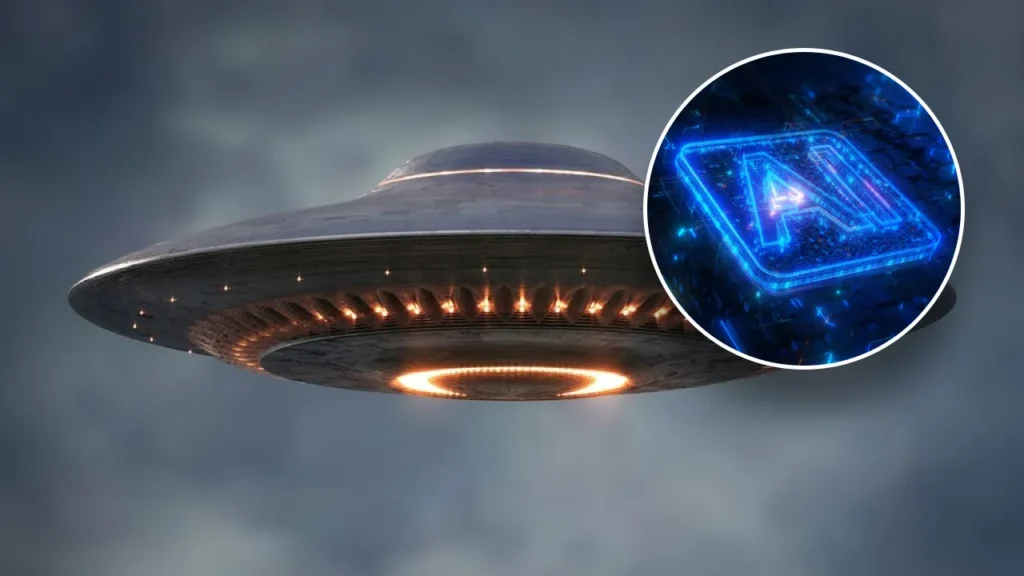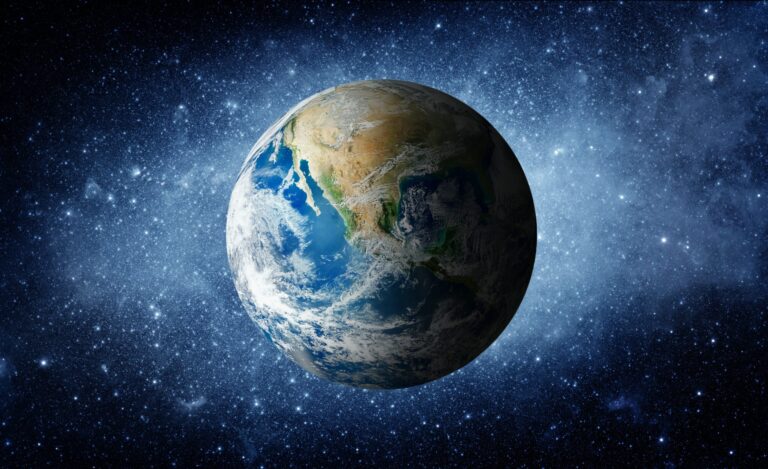Welcome to an exploration into one of science’s most profound questions: How did life first start? This comprehensive guide delves into theories across biology, chemistry, and astrophysics, aiming to uncover the mechanisms that sparked the emergence of life from non-life. Join us on this journey through historical concepts, modern theories, and the future implications of these studies.
Primordial Earth: The Cradle for How Life First Started
What are Hydrothermal Vents and How Could They Be the Origins of Life?
Hydrothermal vents are fissures on the ocean floor that emit hot water rich in minerals due to the Earth’s volcanic activity. Scientists believe these vents could be crucial in the origins of life because they provide a unique combination of chemical richness and energy, which could fuel the synthesis of organic molecules, the building blocks of life.
How Did We Discover the Atmospheric Conditions and the Genesis of Life?
The composition of Earth’s early atmosphere was pieced together through geological evidence and the study of ancient rocks. These studies suggest an atmosphere rich in gases like methane and ammonia, which under ultraviolet light from the sun, could form organic compounds. This setting likely supported the initial chemical reactions necessary for life.

Key Theories on How Life First Did Start
1. The Miller-Urey Experiment and Life’s Chemical Foundations
In 1953, Stanley Miller and Harold Urey conducted an experiment that simulated the conditions of early Earth’s atmosphere. They introduced a mixture of water, methane, ammonia, and hydrogen into a closed system and passed electric sparks through the mixture to simulate lightning. This resulted in the formation of amino acids, the building blocks of proteins. This experiment demonstrated that organic compounds necessary for life could be synthesized under the right conditions.
To learn more about the impact of this experiment, read the detailed analysis on ScienceDirect.
2. RNA World Hypothesis and the Precursors of Life
The RNA World Hypothesis suggests that before DNA and proteins, RNA might have been the first molecule to store genetic information and catalyze chemical reactions. This theory is supported by the fact that RNA can replicate itself and act as a catalyst in its own right, making it a plausible candidate for the first self-replicating system that could lead to life.
For further reading on RNA and its role in the origins of life, visit The RNA Society.

Do UFOs and Aliens Exist and Is There Any Proof?
Extraterrestrial Contributions to Earth’s Biosphere
Who Proposed the Panspermia Theory and What Does It Suggest?
The Panspermia Theory, first suggested by the Nobel Prize-winning chemist Svante Arrhenius, proposes that life’s building blocks. Maybe even primitive life forms might have been carried to Earth on comets or meteorites. This theory gained traction with the discovery of amino acids in meteorites, suggesting that essential components of life could be common in the universe and possibly originated in space.
Visit NASA’s Astrobiology Portal For More Information!
Evolution from Simple to Complex Life
How Did Multicellular Life Evolve from Simpler Forms?
The evolution from unicellular to multicellular organisms involved single-celled organisms coming together to form colonies. Over time, these cells specialized and coordinated their functions, leading to the development of complex multicellular organisms. This evolutionary step allowed for the diversification of life forms and the complexity we observe today.
Philosophical and Ethical Considerations on the Origins of Life
What Are the Philosophical Questions About Life’s Beginnings?
Reflecting on how life first started invites us to consider what life truly is. Why it exists, and whether there is an inherent purpose or design behind it. These questions challenge us to think about life’s nature and the broader implications of our existence in the universe.
What Are the Ethical Issues in Synthetic Biology?
As we advance in synthetic biology and gain the capability to create life in labs, ethical questions intensify. It raises issues about the rights of synthetic life forms, our responsibilities towards them, and the implications of potentially creating new forms of life. Debates in this area are crucial as they guide the responsible development and use of biotechnological innovations.
The Truth: Are Aliens and UFOs Among Us?
Concluding Thoughts
So, how did life start? The best theories suggest a combination of earthly and possibly extraterrestrial processes. Each discovery in this field brings us closer to understanding our origins but also raises new questions. You can look up detailed studies and ongoing research in reputable journals and websites like NASA’s Astrobiology portal or the Royal Society’s publications. You’ll find evidence and be able follow the latest developments.


